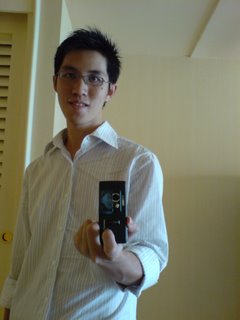One recurrent theme between Snow Crash and The Diamond Age is the idea that stories have power - a theme that is shared with American Gods (Neil Gaiman). In particular, I liked the concept, that in the stories told by our ancestors, cleverness and technology are often linked to the same "gods" - Coyote, Brer Rabbit, Enki, Athena, Loki / Odin among others. The Diamond Age added to this, when in one section, a Chinese character, Dr X, says that:
When our society was based upon planting, it could trul be said, as the Master [Confucius] did, 'Virtue is the root; wealth is the result.' But under the Western ti, wealth comes not from virtue but from cleverness.
The implication is that the root Chinese society emphasises virtue over cleverness. Looking back at our chinese myths, the question then is, who are our deities of cunning and cleverness. To me, it seems that we should look at Sun Wukong and Zhuge Liang - one, an almost certainly mythical character, the other, probably a real person translated into myth in the same way as Homer translated the Greek heroes into the Iliad. In the case of the Monkey God, his cunning is related in his monkey origins, playful nature, transformative magic; whereas in Zhuge Liang's case, his is the strategic vision, the tactical prowess, the military technology. And in both cases, we have a clear case of virtue trumping cunning.
In Sun Wukong's case, first he is quelled by Buddha. Then he is restrained by his golden circlet, controlled by the meditations of his monk master Tripitaka. And lastly, there is the Journey to the West itself, to regain the scriptures, a quest where he finally acknowledges his duty to Tripitaka and is elevated to godhood. In Zhuge Liang's case, we first see the success of his strategems when working for Liu Bei, and later, the undermining of his brilliance by his steadfast loyalty to Liu Bei's son, the "hun jun" Ah Dou.
Yet in each case both virtue and cleverness are necessary ingredients for success. To quote, out of context, the protagonist of the story:
Both ways are simple-minded - they are only for people who cannot cope with contradiction and ambiguity.
If I could teach my children one thing, it would be how to deal/resolve/cope with contradiction and ambiguity...

No comments:
Post a Comment